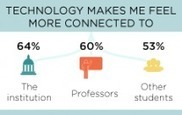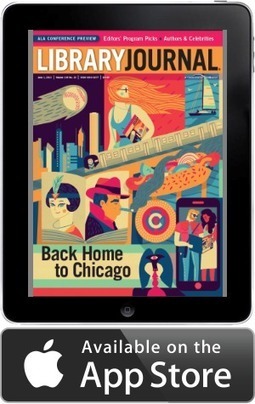Key Findings
See the 2013 report for a full list of key messages, findings, and supporting data.
Students recognize the value of technology but still need guidance when it comes to better using it for academics.
Students prefer blended learning environments while beginning to experiment with MOOCs.
Students are ready to use their mobile devices more for academics, and they look to institutions and instructors for opportunities and encouragement to do so.
Students value their privacy, and using technology to connect with them has its limits.



 Your new post is loading...
Your new post is loading...








